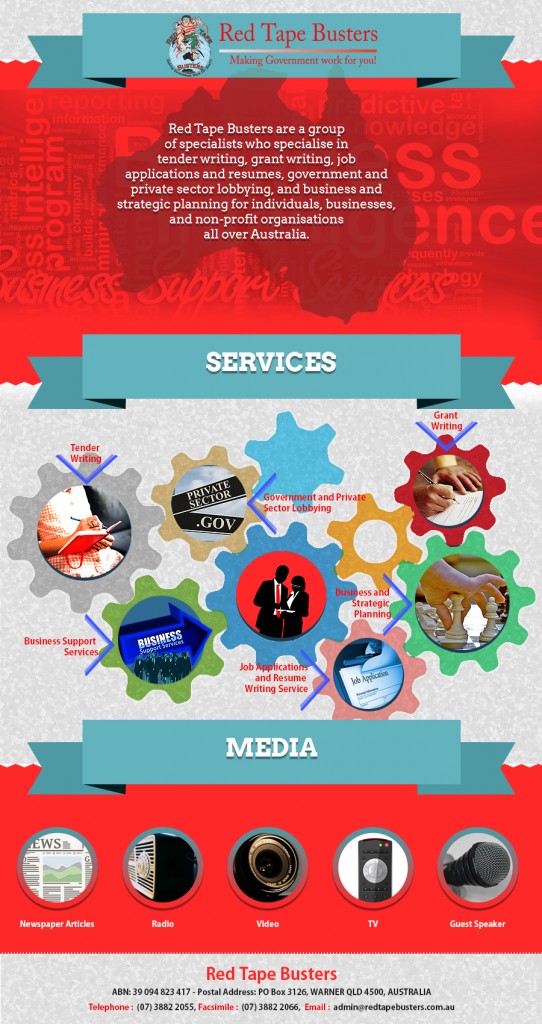It us funny sometimes but as highly skilled job application writers sometimes we stumble on clients who simply have no idea when it comes to job application writing, preparing quality Resumes or even in preparing for interviews.
Many clients believe that their Resume should be fancy or pretty, have flowers and bows on it and basically jump out at the reader. Maybe if you were applying for an artistic related job or a job in graphic design then there is good reason to have a very fancy and arty Resume. However when I was working in the public service I was chairperson of hundreds of interview panels and my first impressions of the applicant’s Resume or their covering letter really laid the foundation for whether I would bother to read the whole application. A fancy Resume generally suggested to me that the person was all fluff and bubble and short on substance and that the fancy artwork on the document was a subconscious attempt to cover up their shortcomings in their application. Obviously this not a hard and fast finding based on research but it generally proved relevant in my public sector days at least.
So in preparing Resumes and job applications/cover letters I rarely venture outside a very standard and professional format and font style. I have a preference for Times New Roman 12 point as the font style and this is purely because it looks professional plus I was told many years ago in a training course that font with “little feet” under the letters like Times New Roman are better remembered than other font styles and therefore this is the font I basically use unless a Government job specifically asks for a specific font and type size such as Arial 11 point. Plus in my public sector days Times New Roman 12 point was the standard font and size used in the public service at the time. So I always use to think – you do what the Romans do – if they write in Times New Roman 12 point then if you are corresponding with a Government Department then you correspond with them on their terms. So if an applicant knows that a specific Department has a preference for a font style and type size then that is what you should use in your application unless the job guidelines/requirements specify a different font/size.
Also sometimes in applying a Department might specify that they require applications to be fully justified or left hand justified. Again it is essential that you comply with the application requirements. If no formatting is specified, I normally fully justify my documents. Again this is a personal preference and I just believe the documents look much more professional being fully justified.
Obviously headings should stand out and here is where you can maybe add some creativity with a different font and larger type size and certainly you should use bolding, underlining or Italics in order to draw attention to your headings. So think carefully when preparing documents in applying for jobs. Get the little things right and this will go a long way to winning that job.
If anyone needs a specialist job application writer or needs to hire a business highly experienced in job application writing across virtually all industries then please contact us at Red Tape Busters – www.redtapebusters.com or on 07 38822055.

